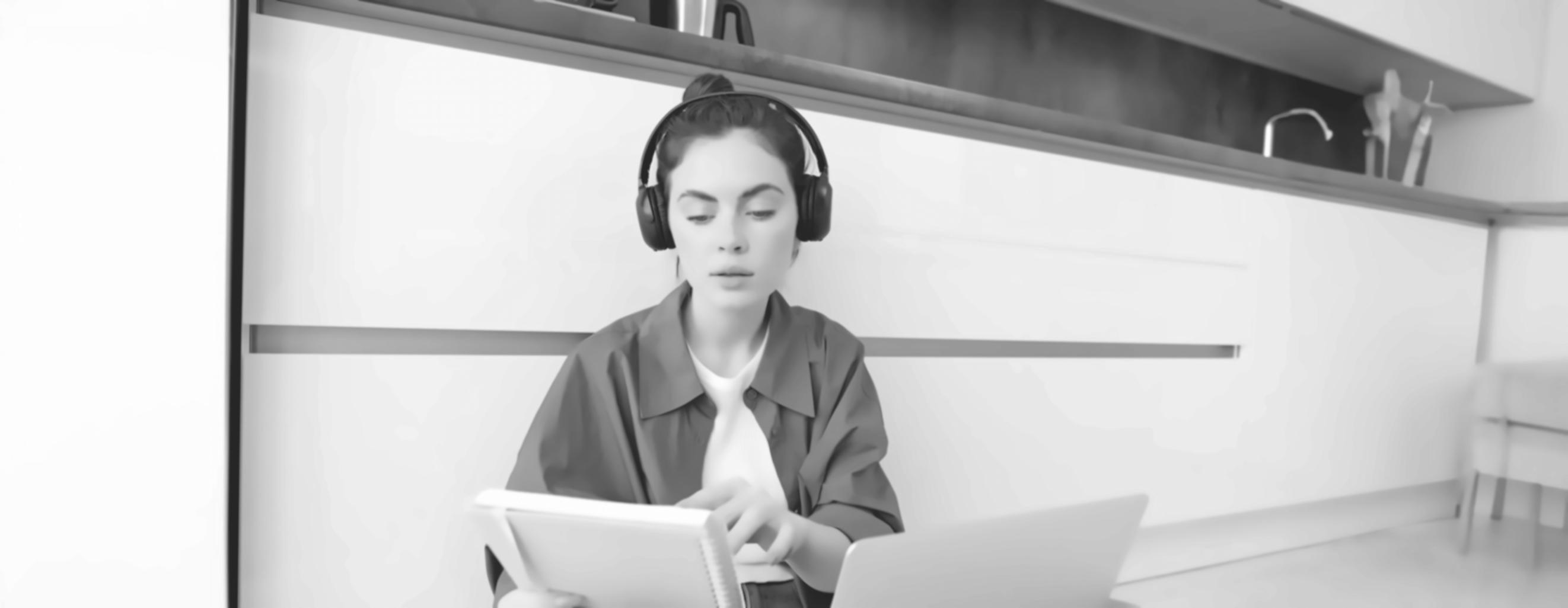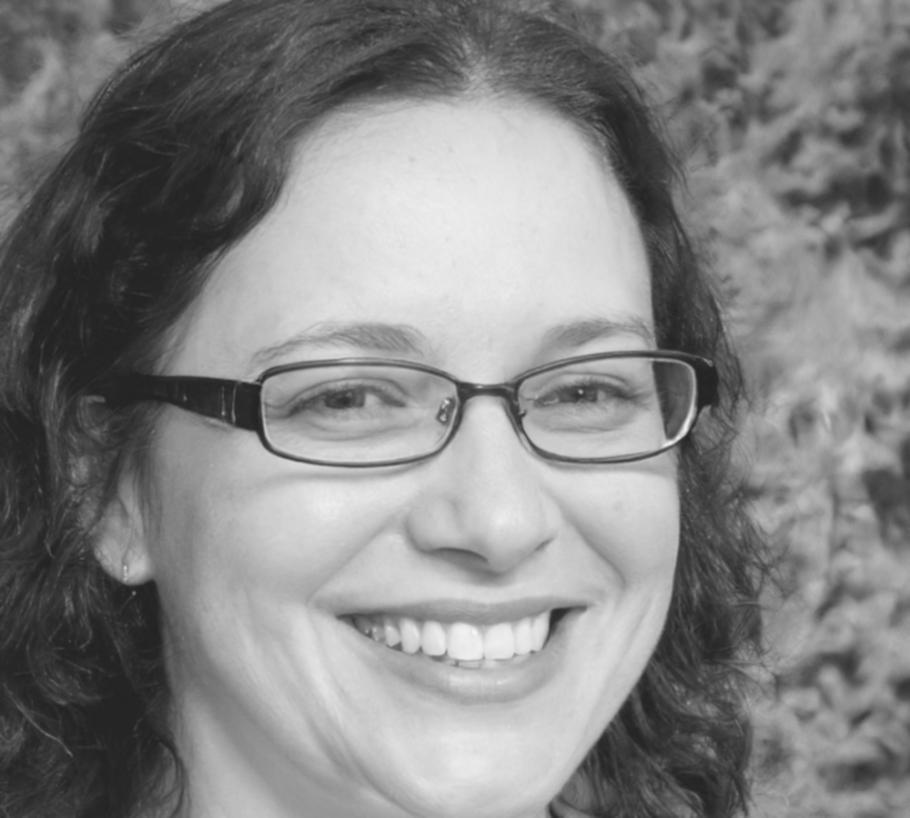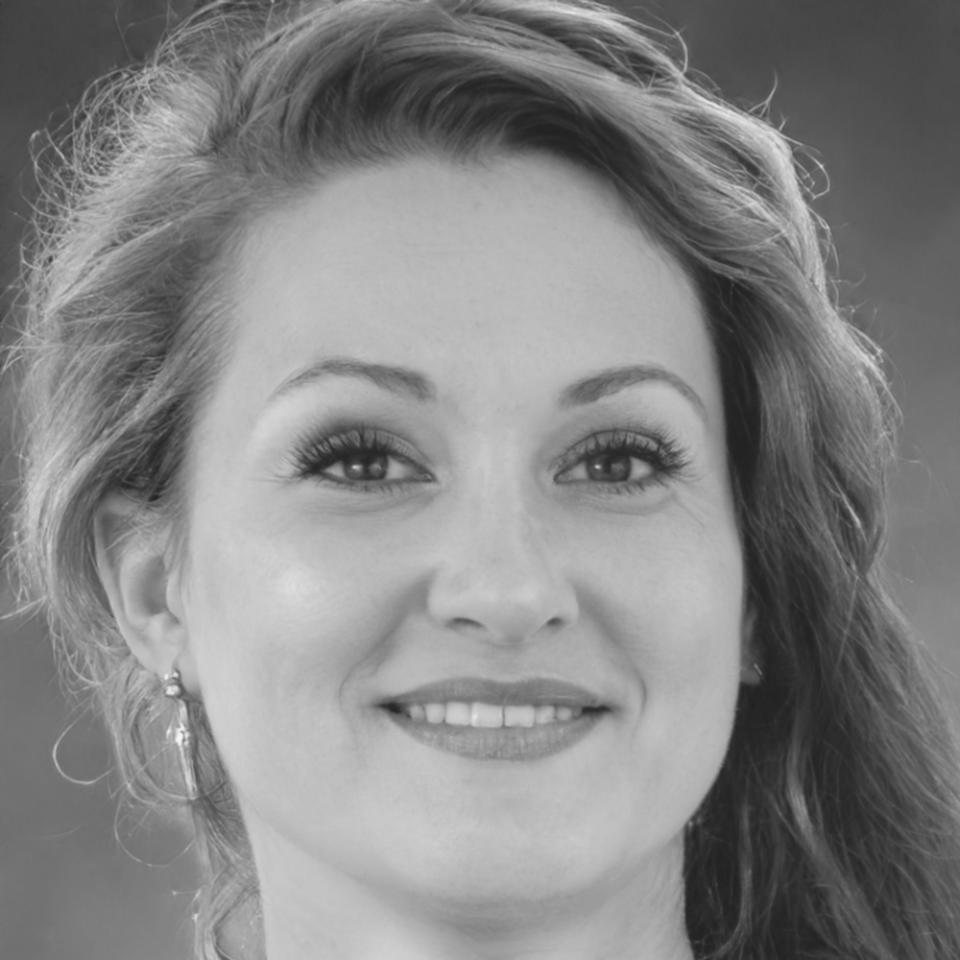We store small data files to improve your experience and remember your preferences. These help us understand how you use our site. Read Policy
Master Your Money Through Annual Budget Planning
Learning to budget annually isn't about restriction. It's about understanding where your money goes and making choices that match what you actually care about.
- Build a realistic 12-month spending plan that adapts to your life
- Track patterns you didn't know existed in your finances
- Make decisions based on data instead of guesswork
- Adjust your approach as circumstances change throughout the year

How We Teach Annual Budgeting
Our approach focuses on practical application rather than theory. You'll work with real numbers and learn techniques that actually stick.
1
Foundation Building
We start with the basics but go deeper than most programs. You'll understand the psychology behind spending before touching a spreadsheet.
- Income assessment across varying pay cycles
- Fixed versus flexible expense identification
- Goal setting that connects to personal values
- Barrier analysis for previous budgeting attempts
2
System Development
You'll create a budgeting system that matches how you think and live. Different methods work for different people, and we help you find yours.
- Zero-based budgeting for detailed control
- Percentage allocation for simplicity
- Envelope method for tangible tracking
- Hybrid approaches combining multiple techniques
3
Real Implementation
Theory means nothing without practice. We work through actual scenarios using your financial situation as the case study.
- Monthly variance tracking and adjustment
- Quarterly review sessions to spot trends
- Crisis planning for unexpected expenses
- Success metrics that matter to you

What Happens When You Actually Follow Through
6-8 weeks
Time to establish consistent tracking habits
3 months
Period needed to identify spending patterns
12 sessions
Structured learning modules over four months
1 year
Full budget cycle completion with adjustments
Results vary based on individual commitment and financial complexity. Some participants notice improvements in money awareness within weeks, while others take longer to build sustainable habits.

Elisabet Roskvist
Small Business Owner
I stopped guessing where money went. The program helped me see patterns I'd ignored for years. Now I make informed choices instead of reacting to my bank balance.

Niamh Dunworth
Freelance Designer
Variable income made budgeting feel impossible. Learning to work with averages and build buffers changed everything. I'm less stressed about money now.
Who This Program Actually Helps
We designed this for people tired of budgeting advice that sounds great but doesn't work in practice. If you've tried apps, spreadsheets, or quick-fix methods without lasting results, this might be different.
The program works best for those with steady or semi-regular income who want detailed control over their finances. Freelancers and irregular earners can benefit too, though you'll need to adapt some techniques.
Self-paced modules
Real expense
tracking Practical
worksheets Quarterly check-ins
Program Duration
Four months of active learning followed by eight months of supported implementation. Total commitment covers one full budget year to see real results.
Weekly time
commitment 3-4
hours
Live group
sessions Monthly
Individual
reviews Quarterly
Support access
12 months
Your Learning Path
Months 1-2: Foundation
Learn core concepts, identify your financial patterns, and choose your budgeting method. Start tracking everything to establish baseline data.
Months 3-4: System Build
Create your annual budget framework, set up tracking tools, and establish review routines. Test your system with real expenses.
Months 5-8: Refinement
Adjust your budget based on actual results. Learn to handle unexpected expenses and seasonal variations in spending.
Months 9-12: Mastery
Complete a full budget cycle, conduct annual review, and plan for the following year with confidence and experience.